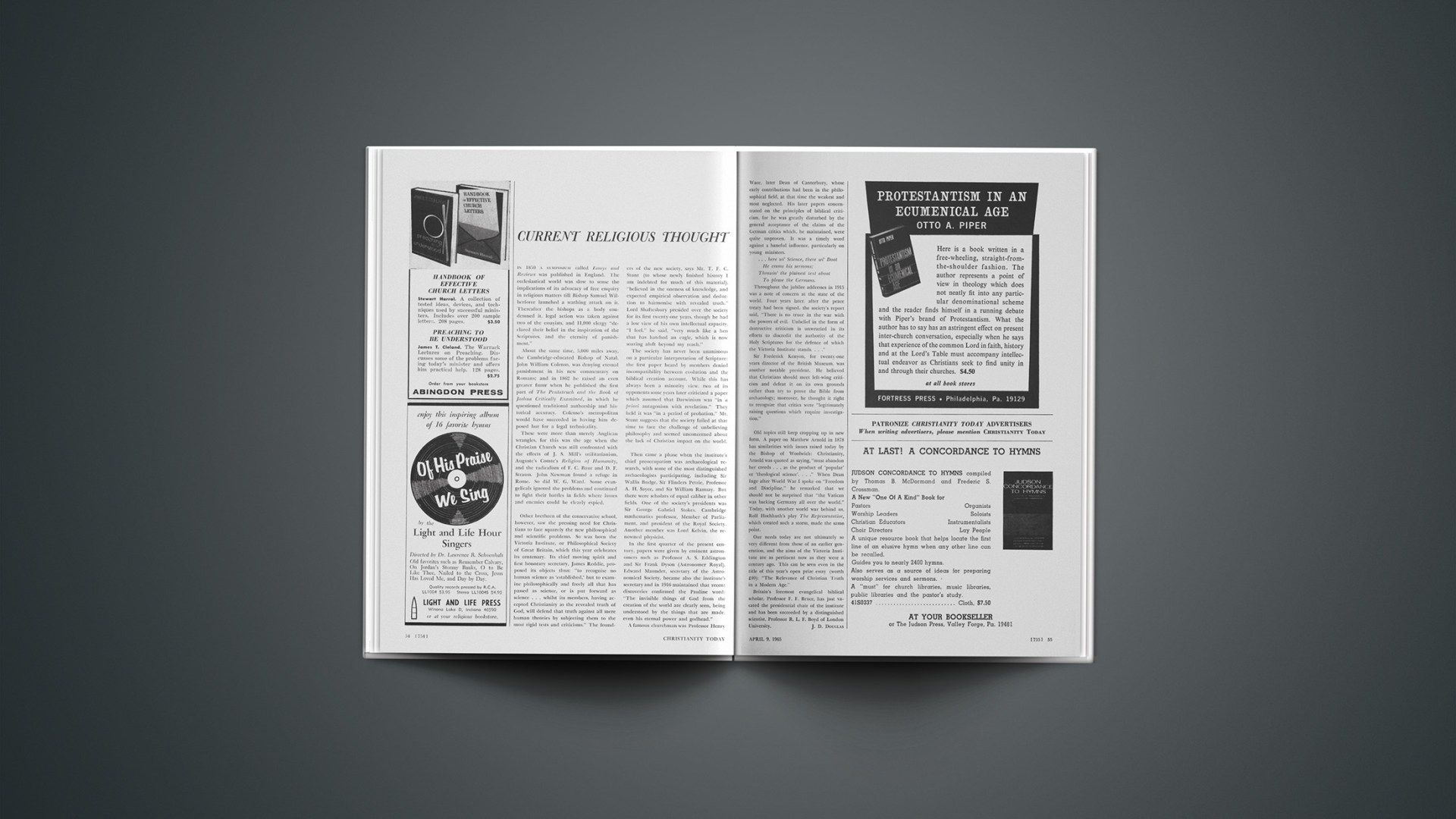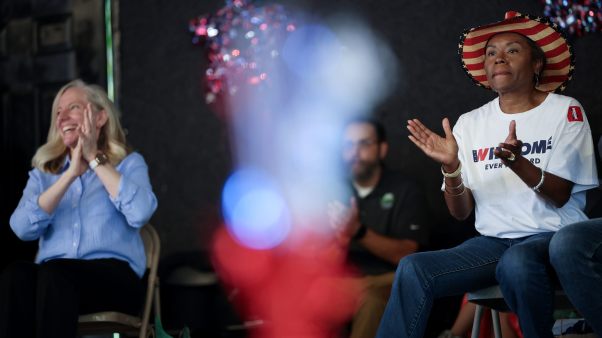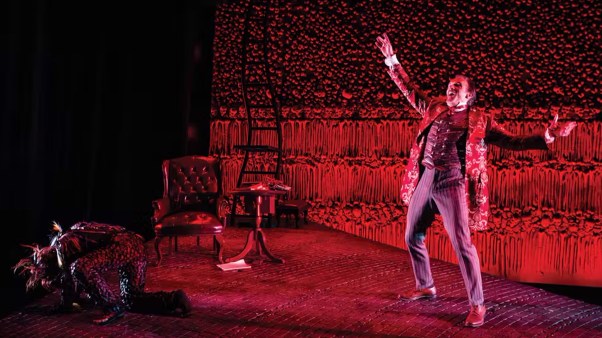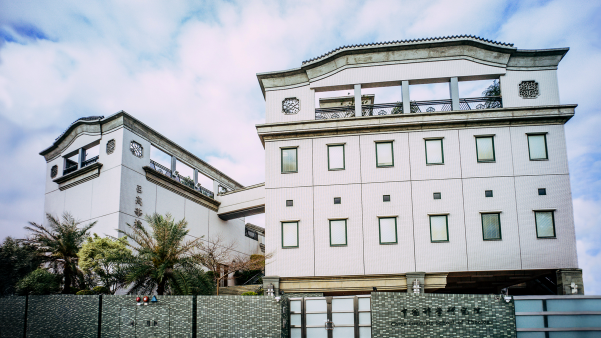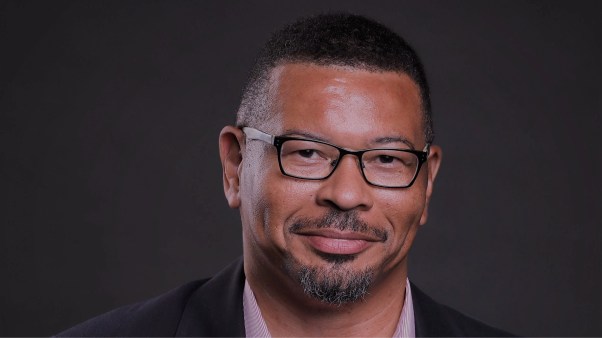In 1850 a symposium called Essays and Reviews was published in England. The ecclesiastical world was slow to sense the implications of its advocacy of free enquiry in religious matters till Bishop Samuel Wilberforce launched a scathing attack on it. Thereafter the bishops as a body condemned it, legal action was taken against two of the essayists, and 11,000 clergy “declared their belief in the inspiration of the Scriptures, and the eternity of punishment.”
About the same time, 5,000 miles away, the Cambridge-educated Bishop of Natal, John William Colenso, was denying eternal punishment in his new commentary on Romans; and in 1862 he raised an even greater furor when he published the first part of The Pentateuch and the Book of Joshua Critically Examined, in which he questioned traditional authorship and historical accuracy. Colenso’s metropolitan would have succeeded in having him deposed but for a legal technicality.
These were more than merely Anglican wrangles, for this was the age when the Christian Church was still confronted with the effects of J. S. Mill’s utilitarianism, Auguste’s Comte’s Religion of Humanity, and the radicalism of F. C. Baur and D. F. Strauss. John Newman found a refuge in Rome. So did W. G. Ward. Some evangelicals ignored the problems and continued to fight their battles in fields where issues and enemies could be clearly espied.
Other brethren of the conservative school, however, saw the pressing need for Christians to face squarely the new philosophical and scientific problems. So was born the Victoria Institute, or Philosophical Society of Great Britain, which this year celebrates its centenary. Its chief moving spirit and first honorary secretary, James Reddie, proposed its objects thus; “to recognise no human science as ‘established,’ but to examine philosophically and freely all that has passed as science, or is put forward as science … whilst its members, having accepted Christianity as the revealed truth of God, will defend that truth against all mere human theories by subjecting them to the most rigid tests and criticisms.” The founders of the new society, says Mr. T. F. C. Stunt (to whose newly finished history I am indebted for much of this material), “believed in the oneness of knowledge, and expected empirical observation and deduction to harmonise with revealed truth.” Lord Shaftesbury presided over the society for its first twenty-one years, though he had a low view of his own intellectual capacity. “I feel,” he said, “very much like a hen that has hatched an eagle, which is now soaring aloft beyond my reach.”
The society has never been unanimous on a particular interpretation of Scripture: the first paper heard by members denied incompatibility between evolution and the biblical creation account. While this has always been a minority view, two of its opponents some years later criticized a paper which assumed that Darwinism was “in a priori antagonism with revelation.” They held it was “in a period of probation.” Mr. Stunt suggests that the society failed at that time to face the challenge of unbelieving philosophy and seemed unconcerned about the lack of Christian impact on the world.
Then came a phase when the institute’s chief preoccupation was archaeological research, with some of the most distinguished archaeologists participating, including Sir Wallis Budge, Sir Flinders Petrie, Professor A. H. Sayce, and Sir William Ramsay. But there were scholars of equal caliber in other fields. One of the society’s presidents was Sir George Gabriel Stokes, Cambridge mathematics professor, Member of Parliament, and president of the Royal Society. Another member was Lord Kelvin, the renowned physicist.
In the first quarter of the present century, papers were given by eminent astronomers such as Professor A. S. Eddington and Sir Frank Dyson (Astronomer Royal). Edward Maunder, secretary of the Astronomical Society, became also the institute’s secretary and in 1916 maintained that recent discoveries confirmed the Pauline word: “The invisible things of God from the creation of the world are clearly seen, being understood by the things that are made, even his eternal power and godhead.”
A famous churchman was Professor Henry Wace, later Dean of Canterbury, whose early contributions had been in the philosophical field, at that time the weakest and most neglected. His later papers concentrated on the principles of biblical criticism, for he was greatly disturbed by the general acceptance of the claims of the German critics which, he maintained, were quite unproven. It was a timely word against a baneful influence, particularly on young ministers.
… here wi’ Science, there wi’ Doot
He crams his sermons;
Thrawin’ the plainest text aboot
To please the Germans.
Throughout the jubilee addresses in 1915 was a note of concern at the state of the world. Four years later, after the peace treaty had been signed, the society’s report said, “There is no truce in the war with the powers of evil. Unbelief in the form of destructive criticism is unwearied in its efforts to discredit the authority of the Holy Scriptures for the defence of which the Victoria Institute stands.…”
Sir Frederick Kenyon, for twenty-one years director of the British Museum, was another notable president. He believed that Christians should meet left-wing criticism and defeat it on its own grounds rather than try to prove the Bible from archaeology; moreover, he thought it right to recognize that critics were “legitimately raising questions which require investigation.”
Old topics still keep cropping up in new form. A paper on Matthew Arnold in 1878 has similarities with issues raised today by the Bishop of Woolwich: Christianity,
Arnold was quoted as saying, “must abandon her creeds … as the product of ‘popular’ or ‘theological science’.…” When Dean Inge after World War I spoke on “Freedom and Discipline,” he remarked that we should not be surprised that “the Vatican was backing Germany all over the world.” Today, with another world war behind us, Rolf Hochhuth’s play The Representative, which created such a storm, made the same-point.
Our needs today are not ultimately so very different from those of an earlier generation, and the aims of the Victoria Institute are as pertinent now as they were a century ago. This can be seen even in the title of this year’s open prize essay (worth £40); “The Relevance of Christian Truth in a Modern Age.”
Britain’s foremost evangelical biblical scholar, Professor F. F. Bruce, has just vacated the presidential chair of the institute and has been succeeded by a distinguished scientist, Professor R. L. F. Boyd of London University.

